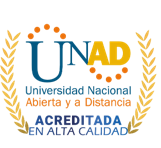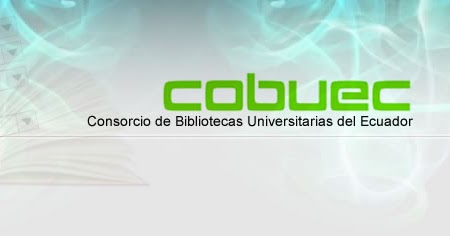Buscar
Mostrando ítems 1-10 de 14
Simple past.
(2013-07-15)
We´re using to express past form now add verb in past. People played soccer.The main important changed verb example: write- wrote, listen- listened.
Comparatives and superlatives
(2013-07-15)
Comparative uses to compare two things of nows. The superlative is using to express the most or biggest nows.
Use of the imperatives.
(2013-07-15)
The imperative is a verbal form unmarked person or time that is normally used to instruct, warn, demand action, encourage, etc. This form is, therefore, unchanged for all persons singular and plural. The mandatory sentences are one of the few contexts in English in which the subject is not expressed.
Verb to Be. Adjectives and descriptions (present and past time).
(2013-07-15)
The verb "to be" has diverse uses in English. It is up to the Spanish verbs "ser" and "estar".
Prepositions
(2013-07-15)
Prepositions is a conections between the words and new vocabulary
Predictions with will, Simple Present to express traditions.
(2013-07-15)
“Will” es el auxiliar para el futuro simple. Puede contraerse de acuerdo al pronombre con el que vaya, así: I will = I’ll / You will= You’ll… etc. Se usa para expresar un futuro no seguro: If I buy one, I’ll give you my old one.
El presente simple se utiliza cuando se habla de acciones habituales, ejemplo: I study English.
Basic structure of a text. Principal and secondary ideas. Author’s intention.
(2013-07-15)
A good way to study english use dictionary. We are studying english use vocabulary and interest sentences or paragraph.
The english student needs pay attention and remembered all the new vocabulary.
Narrative texts: Fable, tales, news and personal experience.
(2013-07-15)
The narrative describes a sequence ideas and tales. The narrative shows characters and a time specific.
Adjectives of states of mind, gerund expressions, reported speech.
(2013-07-15)
Some adjectives that reflect moods: Sad (triste) / Frightened (asustado) / Lovestruck (enamorado).
The gerund (-ing) is a non-personal tense and can build continuous tenses.
English is formed by adding the ending "-ing" (without "to") to the infinitive of the verb: To play / jugar--- playing / jugando.
Jobs food and sports vocabulary. Likes and dislikes structures.
(2013-07-15)
Jobs Vocabulary: Accountant, Baker, Barbers, Barmen/women, Chambermaid, Chef, Dentist,
Common Sports: Badminton, Cricket, Football, Golf, Tennis.
La estructura básica para hablar sobre lo que nos gusta o no nos gusta es:
Like (something) or like doing (something)















